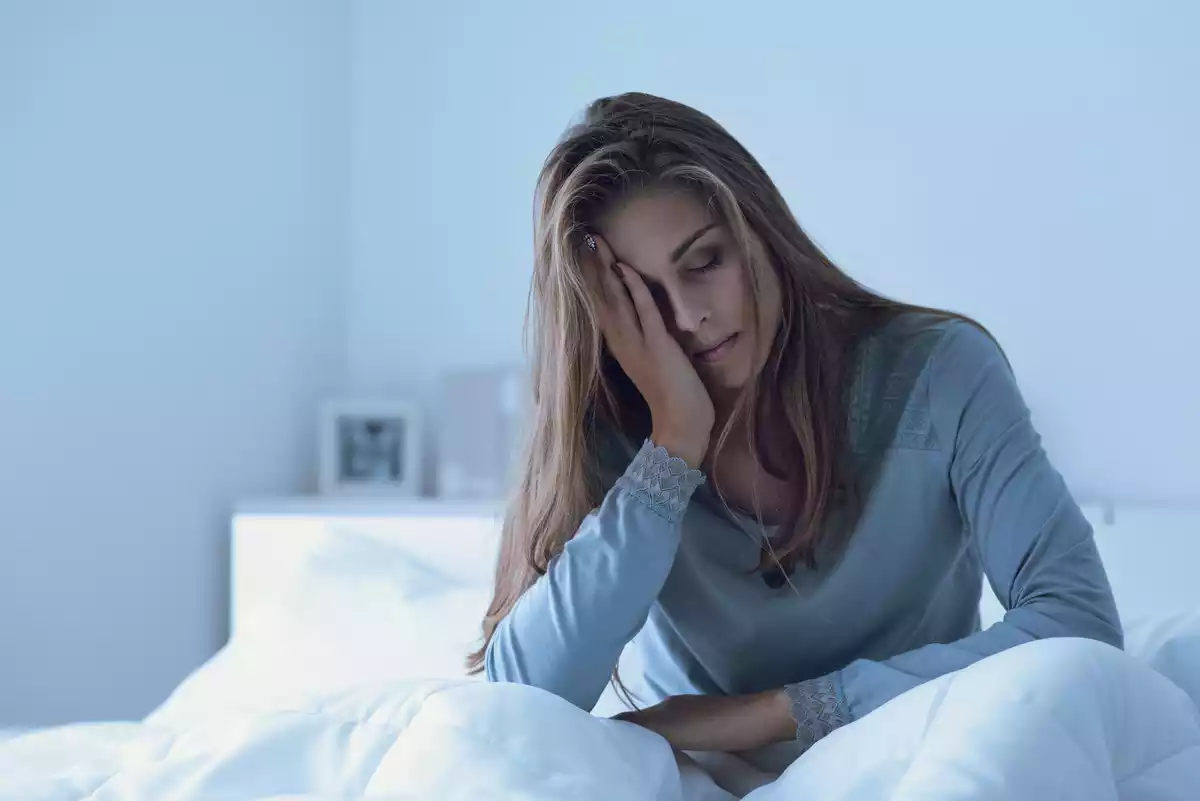
It has been about a year since coronavirus came into our lives to turn everything upside down. Stress, fear, pain and constant anguish are feelings that, although we already knew about, have rarely left such a marked trace in each one of us. And the fact is that, if it is not the virus, it is the economic crisis what makes us worry so much, and surely, although some refuse to say so directly, it will torment us for a few more years.
But now scientists have also discovered that coronavirus is literally taking away our sleep. It may sound like a joke, but it is not. If you have had great difficulty falling asleep in the last few months, or you manage to sleep, but wake up early and feel you have no energy left the rest of the day, you could be suffering from what experts have already called 'coronasomnia'.
'Coronasomnia' or how the pandemic makes you sleepless
It is, in fact, and in the words of the experts, a clear alteration of sleep patterns, caused by the COVID-19 pandemic, as explained in 'The Sun'. A problem that is becoming increasingly common, given that the health situation does not seem to improve, for now, not even after the arrival of the long-awaited vaccines.
In the United Kingdom, where the strain discovered has triggered infections and forced the government to take the most drastic measures possible, one in four people suffer from insomnia, according to a study by the University of Southampton.
However, it is also true that, according to a survey carried out by The Sleep School, half of the British citizens have problems sleeping or falling asleep due to the pandemic. And as if all this were not enough, the word "insomnia" was one of the most searched words on Google this past year. It is clear that the pandemic not only exhausts us mentally but also does not let us rest properly.
It's not only sleep deprivation, according to experts
As the English psychologist Guy Meadows explained to the aforementioned media, "coronasomnia" is a word that includes a series of alterations of the sleeping process, which can be directly linked to the pandemic. "It is not only difficulty sleeping at night, but having excessive tiredness throughout the day".
According to this sleep expert, "classic signs include three nights or more of sleep deprivation a week." That's not all, those who suffer from this problem also need "30 minutes or more to fall asleep," and even have "trouble falling back to sleep in the middle of the night, fueled by increased health anxiety, as well as money and relationship stress."
The explanation, according to Meadows, is very easy, and that is that disruption to our normal lives like the one being caused by the virus is something that completely throws us off-kilter. "We are creatures of habit and we like to be in control, so a sudden loss of routine, eating and going to bed later have a direct impact on our sleep," he says.
To all this, we should add "lack of exercise," which is also noticeable. Faced with repeated requests from the authorities to stay at home longer, we are losing "valuable daylight", which according to experts "is one of the most important factors" as far as our sleep cycle is concerned. So now you know, coronavirus could be depriving you of your sleep as well.
[This is a translation of the original article "El 'coronasomnio': El nuevo problema de salud que los expertos achacan a la pandemia" published in espanadiario.net]

